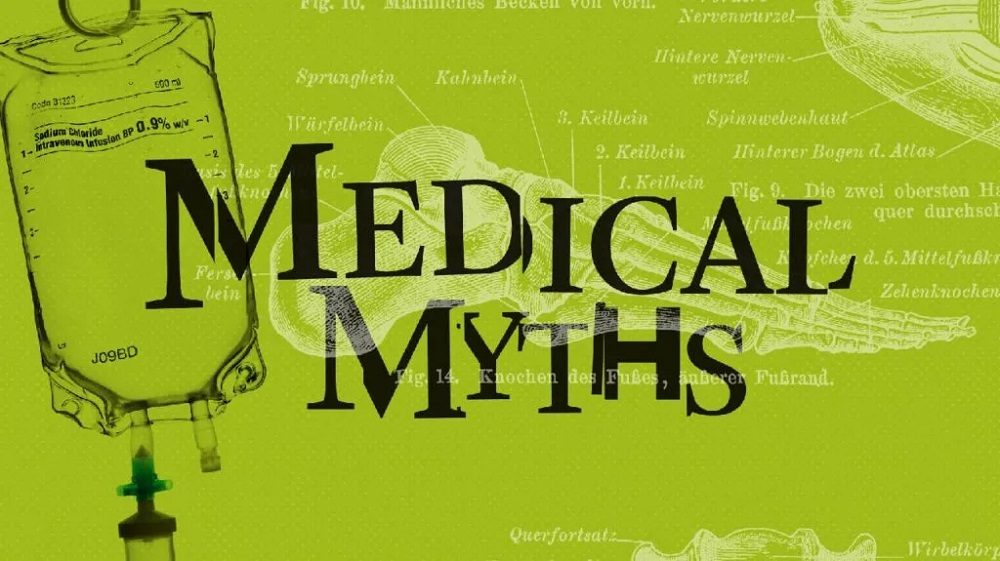
Worried About Diabetes? Here Are Some Common Myths

There are several myths about diabetes that are frequently reported as facts. Diabetes misrepresentations can sometimes be harmful, leading to an unfair stigma surrounding the condition.
Diabetes information is widely available, both from healthcare providers and on the Internet, but not all of it is accurate. While sifting through news journals, medical books, blogs, and articles about this topic, it can be difficult to know what is true, so this page aims to highlight the top few myths about diabetes.
Myth 1: Diabetes is caused by eating too much sugar
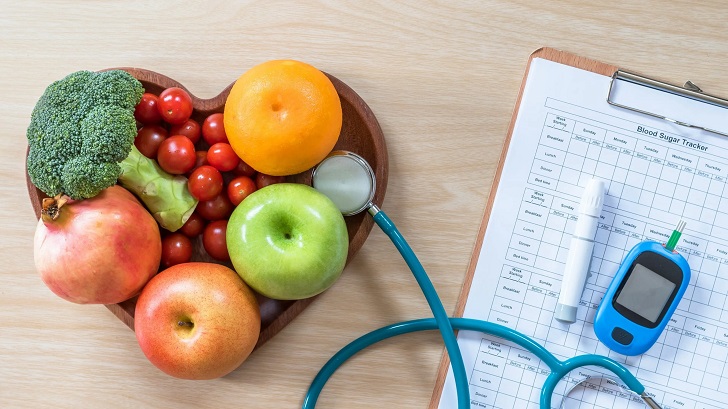
Amy Barczy/ Getty Images | With all of the holiday cheer in the air, it’s easy to overlook the ingredients in the food
Diet and lifestyle choices do not cause type 1 diabetes. It occurs when the immune system destroys the cells in the pancreas that produce insulin.
It’s also not true that sugar causes type 2 diabetes. However, if you are overweight or obese, your chances of developing this type of diabetes increase. A high-sugar diet is frequently a high-calorie diet, and eating too many calories can result in weight gain.
On average, we eat more sugar than is recommended in the UK. This is why most of us could benefit from cutting back on sweet treats, drinking sugar-free beverages, and checking ingredient lists for added sugars.
Myth 2: Amputation is inevitable for diabetics
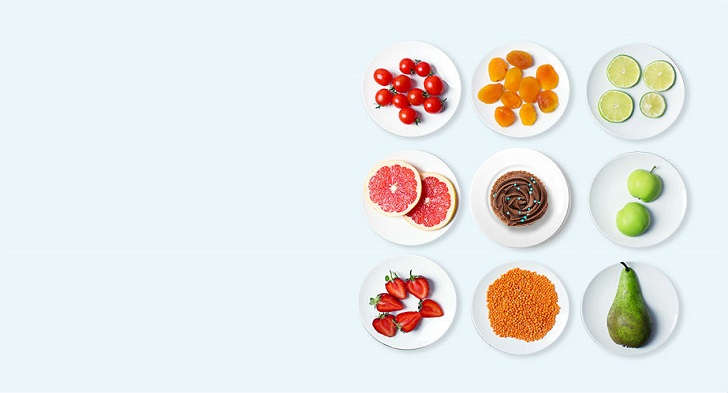
Glucerna/ Pinterest | Diabetes is a silent killer
Diabetes, if not properly managed, can cause blood vessel damage in the long run, leading to complications such as foot ulcers and amputation, nerve damage, blindness, kidney failure, heart disease, and even stroke.
Such complications, however, are avoidable if diabetes is properly managed. As a result, diabetic patients should have regular screenings of their feet, eyes, and kidneys to check for the aforementioned complications.
Myth 3: Diabetes patients have a special diet
Diabetes patients consume the same foods as the general population. In fact, the American Diabetes Association no longer suggests specific carbohydrate, fat, or protein intake. They do, however, recommend that diabetics get their carbohydrates from vegetables, whole grains, fruits, and legumes. Foods high in fat, sodium, and sugar should be avoided. These suggestions are similar to what everyone should eat.
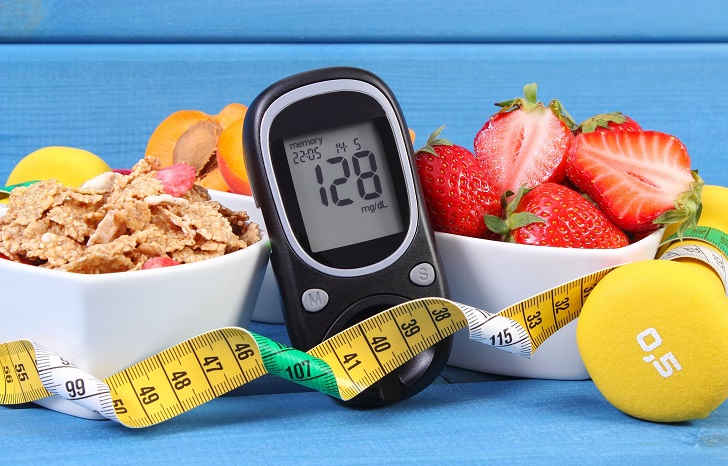
Getty Images/ Net Doctor | Insulin is not a cure for diabetes; it is a treatment
If you have diabetes, work with your doctor to create a meal plan that works for you and that you will be able to stick to over time. Diabetes can be managed with a healthy, balanced diet and a healthy lifestyle.
Myth 4: You can’t drink alcohol if you have diabetes
If you have diabetes, you can still drink alcohol, but you should limit your intake to no more than 14 units per week. If you drink this much, make sure to have some alcohol-free days every week.
If you’re trying to lose weight, keep in mind that alcoholic beverages can increase your calorie intake while also stimulating your appetite and lowering inhibitions, making it difficult to stick to healthy eating plans.
Certain diabetes medications (insulin or sulphonylureas) can make you more likely to have a hypo if you drink alcohol, and this effect can last for up to 24 hours, so make sure you are prepared and that those around you are aware of this.
More in Medical Conditions
-
Endometriosis in Teens: A Guide to Understanding and Supporting Adolescents
Endometriosis, a condition often associated with adulthood, can make an unwelcome entrance during adolescence. For teenagers grappling with the complexities of...
January 23, 2024 -
Has Childhood Trauma Haunted You into Adulthood? Here’s How You Can Defeat the Past
Even without being particularly too keen about it, you must have noticed that the conversation around childhood trauma has been gaining...
January 10, 2024 -
Storing These Food Items in Your Fridge May Actually Be Bad For You
People have a tendency to just stash a lot of things inside their refrigerators. Oftentimes, you don’t even remember what’s inside...
January 10, 2024 -
How to Deal With Holiday Stress
We all feel stressed from time to time, but the holidays offer their own special stressors that can make us feel...
December 21, 2023 -
Tips to Develop a More Focused Mind
Do you ever feel you’re always busy and the days are progressively getting shorter? Are you constantly stressed out and unable...
December 21, 2023 -
How To Develop A Healthy Relationship With Weight
Most of us have a complicated relationship with weight and spend most of our days on the scale, letting our minds...
December 21, 2023 -
Advantages of Offering Health and Wellness Benefits to Employees
Employers frequently struggle to provide the benefits that their employees desire, such as health insurance or paid overtime. Changes to federal...
December 21, 2023 -
Can Acupuncture Help Prevent Type 2 Diabetes?
In today’s world, health conditions like cardiovascular diseases, hypertension, and diabetes are becoming more and more common. It is extremely important...
December 4, 2023 -
Did You Know There’s A Tiny Farm In A Berlin Supermarket?
When you go to a grocery store, you head over to the fresh foods aisle where you pick up things like...
December 4, 2023



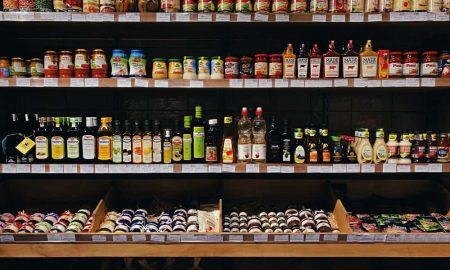











You must be logged in to post a comment Login